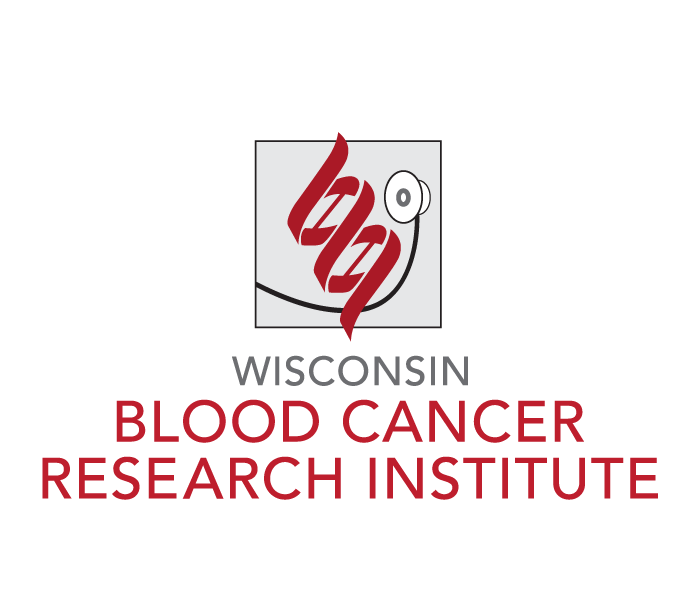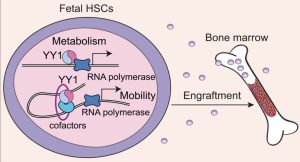
Discovery Spotlight
Xuan Pan, VMD, PhD
Associate Professor
Department of Veterinary Medicine
Mechanisms of hematopoiesis and development of therapeutic strategies for hematopoietic cancers
Hematopoietic stem cells (HSCs) are undifferentiated, self-renewing, pluripotent cells with the capacity to differentiate into all blood cell lineages. In humans, the bone marrow produces more than one million mature blood cells per second. If the correct balance between HSC self-renewal and differentiation is not maintained, hematopoietic cancers such as leukemia and lymphoma can develop. As genetic and epigenetic mechanisms that regulate proliferation, differentiation and self-renewal in HSCs are incompletely defined, my laboratory is investigating knowledge gaps in these mechanisms. We have focused on Yin Yang 1 (YY1), which regulates HSC self-renewal and quiescence. We demonstrated that a conditional knockout of YY1 in HSCs decreases HSC long-term repopulating activity, while ectopic expression of YY1 expands HSCs. YY1 deficiency deregulates the genetic network governing HSC cell proliferation, impairs stem cell factor/c-Kit signaling, and disrupts mechanisms that confer HSC quiescence. These studies demonstrated how a broadly expressed repressor mediates lineage-specific functions to control adult hematopoiesis. In addition to this basic research, we are exploring new approaches to culture and manipulate HSCs in vitro to facilitate the development of new therapeutic applications in the contexts of human and veterinary clinical oncology practice.
Publications:
https://www.ncbi.nlm.nih.gov/myncbi/xuan.pan.1/bibliography/52087671/public/



